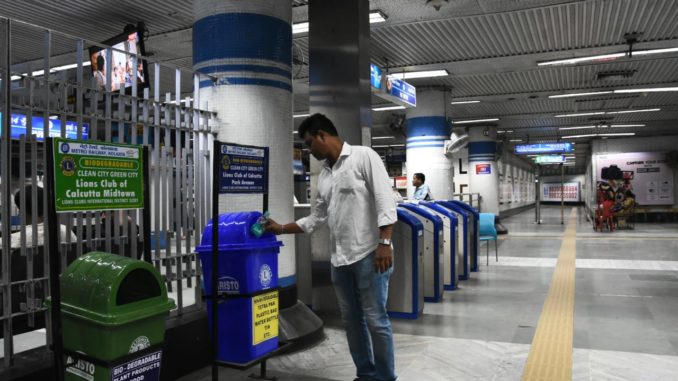
According to National Green Tribunal, India railway stations across the country are required to obtain necessary environmental permissions as several polluting activities take place there. There can be no dispute about the proposition that the Environment (Protection) Act, 1986 also applies to major railway stations. Directing the railways to take into account recommendations of the Central Pollution Control Board on implementing the Air (Prevention and Control of Pollution) Act, 1981 and Water (Prevention and Control of Pollution) Act, 1974, now it is necessary to implement action plans for making stations clean.
Now, the team will evaluate the performance of major railway stations both in terms of implementation of action plans and compliance to the Air Act & Water Act. The object of the the EPA is to control air pollution and if pollutants are emitted in the atmosphere by the activities at the railway stations, they cannot be excluded from such definition so as to avoid remedial measures. The rules framed under the said Act include solid waste, bio-medical waste. Hazardous waste, construction and debris waste, e-waste Rules.
Several activities take place at major railway stations which may attract provisions of the Rules. The said Rules have, thus, to be complied by all the major railway stations to the extent applicable. The EPA is an umbrella legislation which enables the central government to frame rules on the subject of environment protection and to issue directions.
Rules framed applied to every generator of waste and occupier of the place where waste is generated. Undoubtedly, the railway premises are such places. The Railway Administration is the occupier of such places where waste is generated. It is difficult to accept that activities of railway establishments at major railway stations having potential of causing pollution are beyond the environmental laws of the land. They cannot be excluded from the ambit of the Air Act and Water Act.
Matter referenced:
Times of India, Ahmedabad, Monday, 16th December, 2019.
By: Dr. Bhawana Asnani.
Happy to see Reviews, Additions, Suggestions and Comments, further.

Leave a Reply
You must be logged in to post a comment.